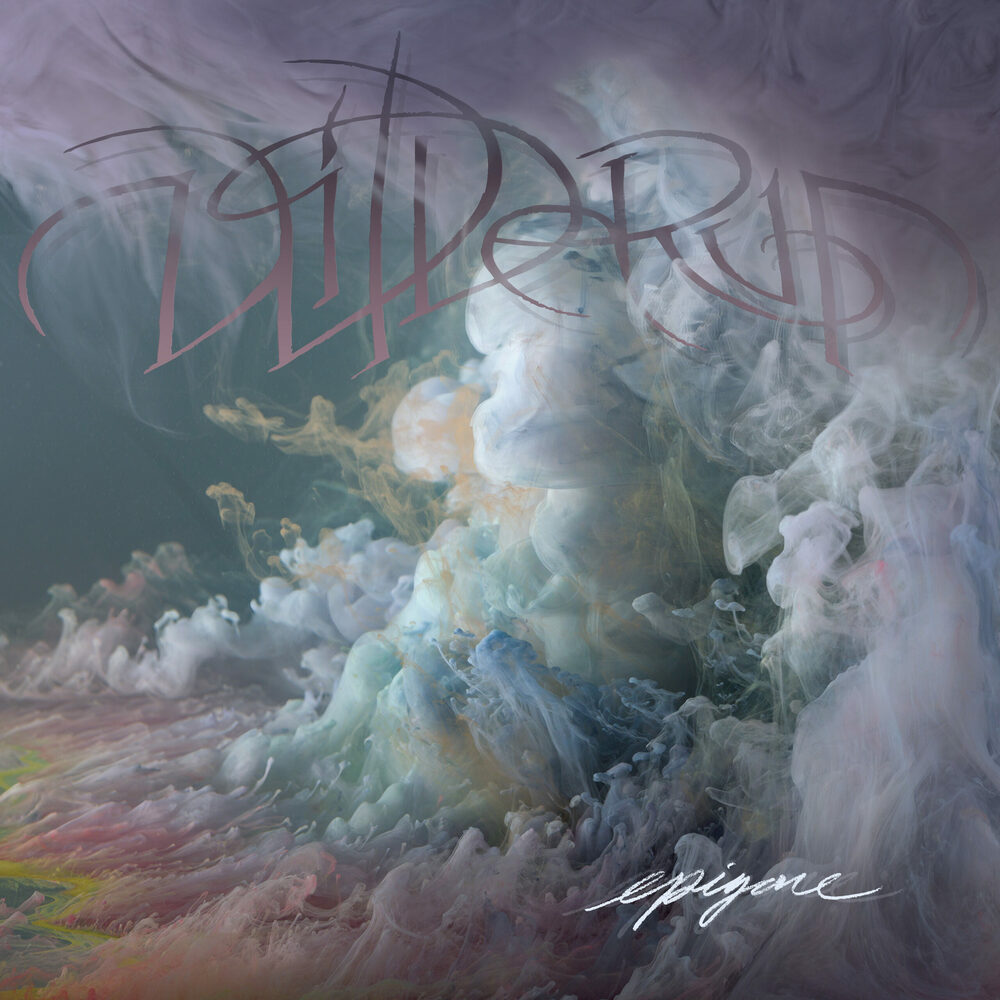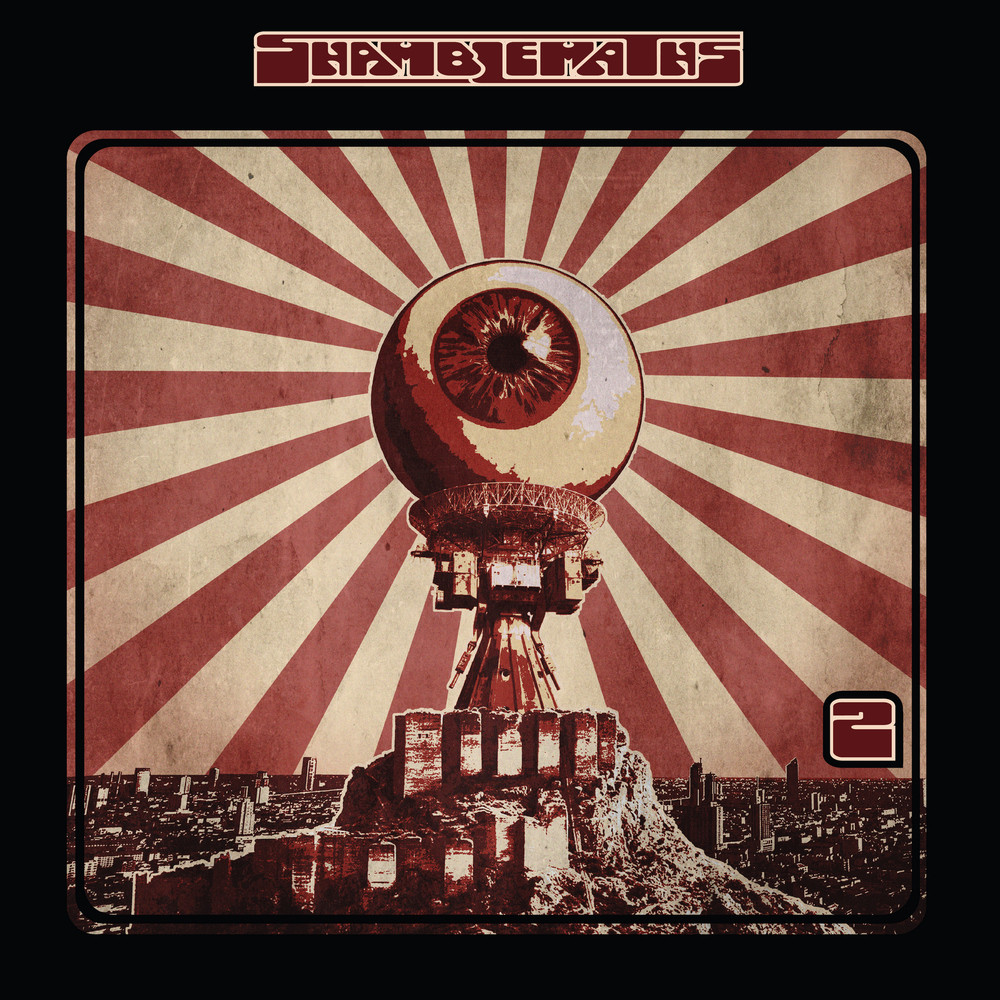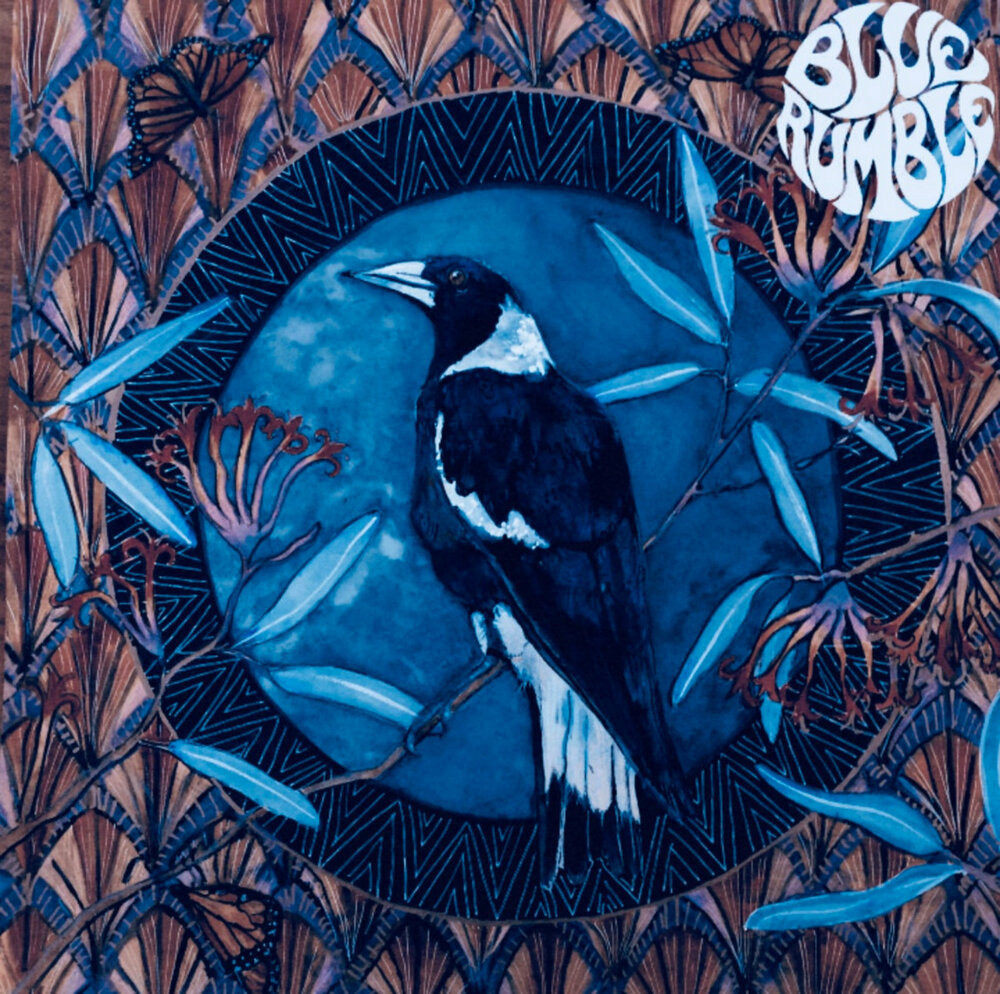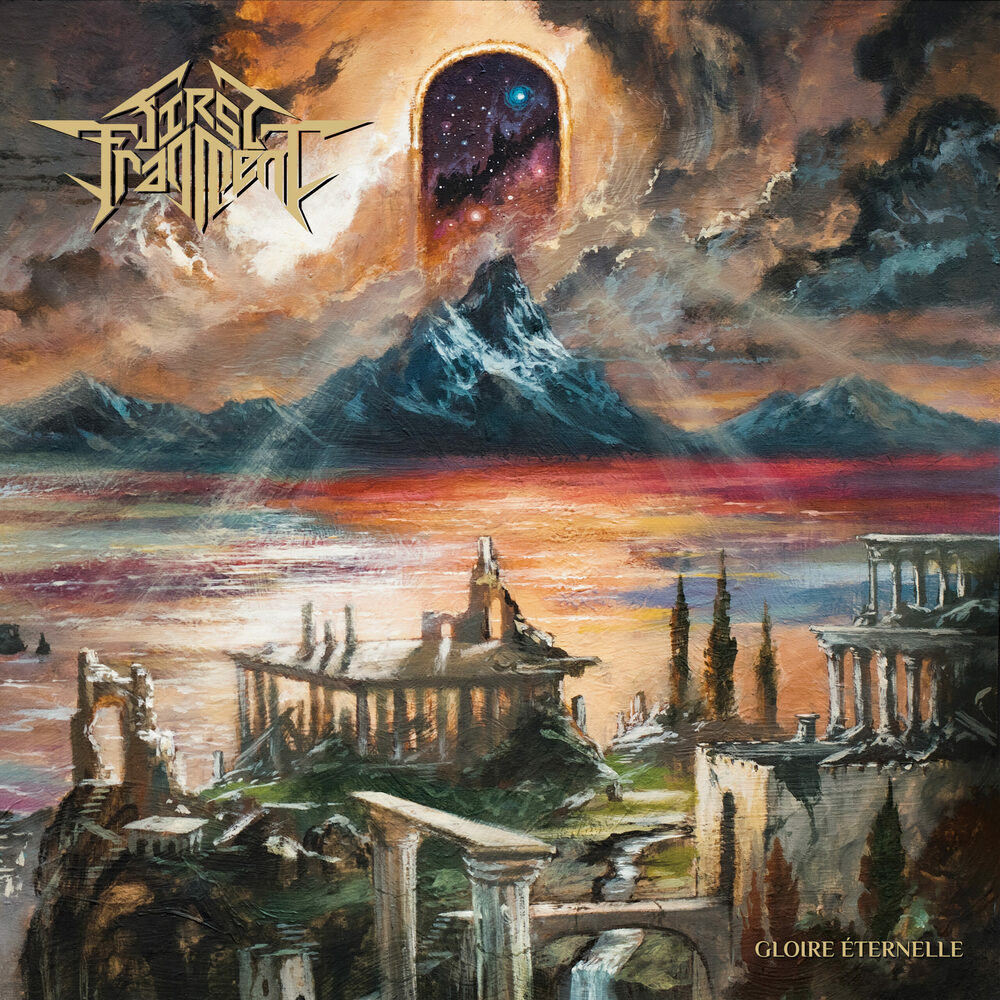 |
Country: UK
Style: Hard Rock
Rating: 8/10
Release Date: 26 Mar 2021
Sites: Bandcamp | Facebook | Instagram | Official Website | Twitter | Wikipedia | YouTube
I think I've been letting the side down! I've been trying to keep up with the ever-vibrant New Wave of Classic Rock, which has been thriving on the other side of the pond for the past few years and is not entirely absent in the States either. However, when I saw the best of 2021 list that the admins of the New Wave of Classic Rock Facebook group put together, I realised with horror that I've only reviewed three of the twenty-five albums and two of those were by American groups, Greta van Fleet and The Pretty Reckless. That's simply not good.
Well, top of that list was the second album by the Dust Coda, a London band following up on their self-titled debut from 2017, so let's take a listen to that, especially as they seem to have acquired a Wikipedia page already. That's impressive. I'm pretty sure I'd heard the single, Jimmy 2 Times, before the album came out, and it's a stormer, all about the Goodfellas character with an unusual speech impediment that meant repeating himself, repeating himself. It's a good single, elevated by a horn section to make it feel even sassier. But what about the rest of the album?
Well, I can easily understand one elevator pitch that's been often used to reference them: they're the best new rock band you've never heard of. That's because this is all good stuff, every song, but it's hard to listen to the whole dozen and then explain what the album sounds like. There are a lot of influences here, but they're varied and rarely dominant and Mojo Skyline doesn't fairly sound like any of them. It sounds like the Dust Coda and, in a decade's time that may be enough, but it's not right now because nobody's heard of them.
Now, we can hear individual influences on individual songs, but that doesn't help. Demon, with its memorable opening vocals, is definitely inspired by Wolfmother. Breakdown feels like it's a Stevie Wonder song covered by Aerosmith. Limbo Man happily channels AC/DC, not just through its rock solid riff. Lynyrd Skynyrd drip out of every pore of Dream Alight though it ends up more in Audioslave territory. But Mojo Skyline, album, does not sound like any of those bands. They're just the first ingredients in a heady new stew that refuses to be labelled anything except the Dust Coda and, I guess, NWoCR. We certainly can't call it "classic rock" because it feels too modern.
And that's both its blessing and its curse, because they're not the new anyone but they're not just a damn good covers band hiding in original material either. I love and respect that they're emphatically their own beast, but I don't really know what that is yet. For now, I'll enjoy for how good it is and how varied it is. And for how consistently good it is, given how varied it is, because it doesn't matter if the Dust Coda are rocking like AC/DC, jamming like Lenny Kravitz or crooning a ballad like maybe the Faces, it's guaranteed to be a good song regardless. They're all highlights.
And that's why this is the NWoCR Facebook group admins' album of 2021. It isn't mine but, whatever it sounds like, every one of these dozen songs is a good one. They may be the best new band you've never heard of but, with songs of this quality, they really should be able to elevate past that. Perhaps that will come when it's easier for person X who stumbled upon them and loves their stuff can tell friend Y that they should listen to them because they're... and finish that with something other than "damn good". For now, I'll stick with "the best birthday present I didn't know I got last year".








